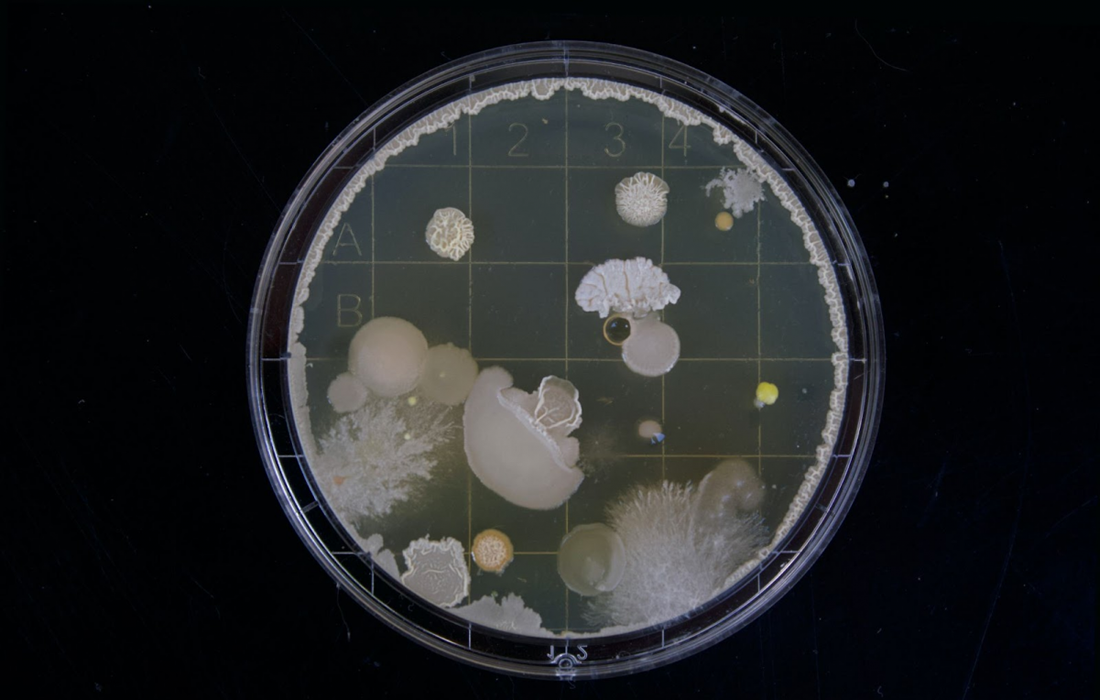Regenerative Medicine News and General Information
New Light on How IBD Can Develop
Inflammatory bowel disease, or IBD, describes Crohn’s disease and ulcerative colitis, two chronic diseases that cause inflammation in the intestines. IBD is an autoimmune disorder in which the body’s immune system attacks healthy tissues.
The intestinal epithelium, made up of a layer of cells that lines the intestine, plays an important role in IBD because it can be easily disrupted during gut inflammation. A specialized type of epithelial cells are Paneth cells. The antimicrobial peptides these cells produce help regulate the gut microbiota.
A research team reports in their mouse study that reduced activity of the IBD risk gene PTPN2 in intestinal epithelial cells can lead to a decrease in the production of Paneth cell antimicrobial peptides, this study establishes a critical link between PTPN2 and Paneth cells that plays a major role in maintaining normal gut microbe properties.
“Loss of PTPN2 can also lead to selective loss of Paneth cells in the intestinal epithelium. This loss of PTPN2 causes significant changes in the gut microbiota and increases a particular E. coli.” said McCole, a professor of biomedical sciences in the School of Medicine.
According to McCole, Paneth cells do not function properly in many patients living with IBD, and this can serve as a marker of disease.
“We know that in IBD, Paneth cells are often unable to produce sufficient antimicrobial peptides or respond appropriately to gut bacteria,” McCole said. “These functional defects can also be associated with changes in the structure of Paneth cells that reduce their ability to secrete the protective antimicrobial peptides, leading to increases in the populations of bacteria associated with IBD. These structural changes in the appearance of Paneth cells can also serve as a marker of disease in IBD, especially Crohn’s disease.”
“This work sets the foundation for our new research project that will identify pharmacologic agents capable of rescuing Paneth cell function and reducing the contributions of microbes to intestinal inflammation,” McCole said.
Sources:
University of California – Riverside. “Study sheds light on how IBD can develop: Gene loss weakens antibacterial defense in inflammatory bowel disease in mouse study.” ScienceDaily. ScienceDaily, 7 April 2023. <www.sciencedaily.com/releases/2023/04/230407133533.htm>.
Vinicius Canale, Marianne R. Spalinger, Rocio Alvarez, Anica Sayoc-Becerra, Golshid Sanati, Salomon Manz, Pritha Chatterjee, Alina N. Santos, Hillmin Lei, Sharon Jahng, Timothy Chu, Ali Shawki, Elaine Hanson, Lars Eckmann, André J. Ouellette, Declan F. McCole. PTPN2 is a Critical Regulator of Ileal Paneth Cell Viability and Function in Mice. Cellular and Molecular Gastroenterology and Hepatology, 2023; DOI: 10.1016/j.jcmgh.2023.03.009
Images from:
Photo by Michael Schiffer
https://unsplash.com/photos/13UugSL9q7A

